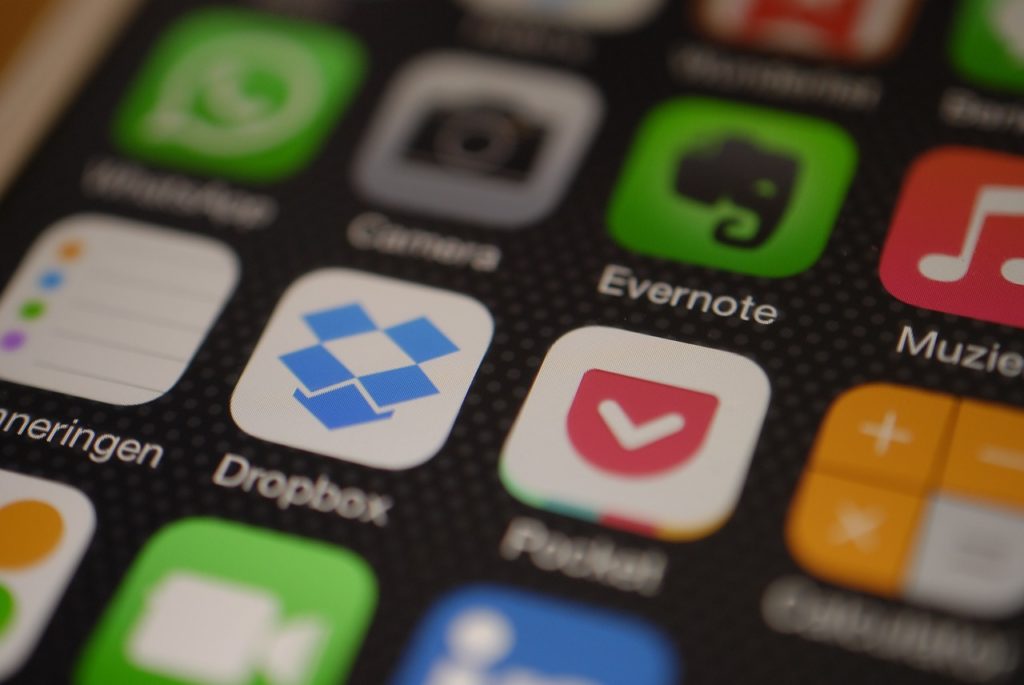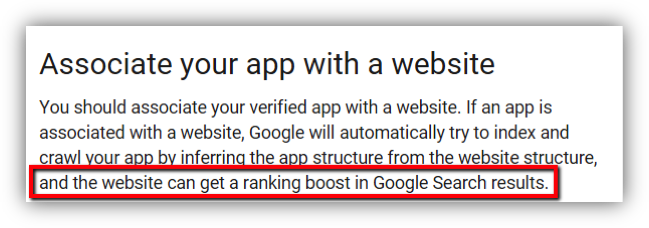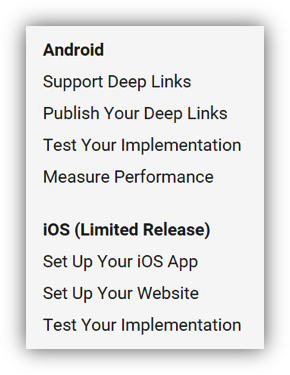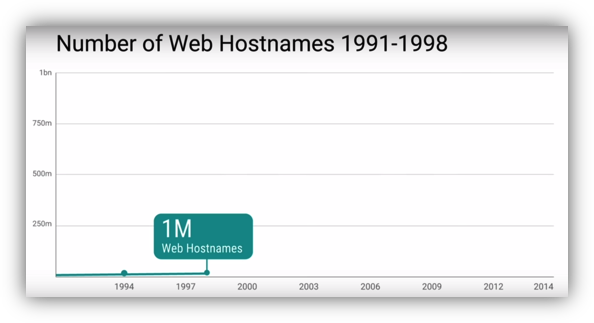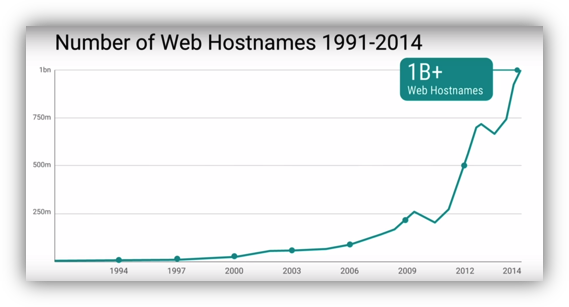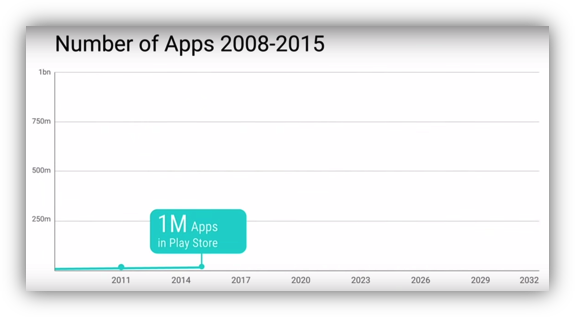December 7, 2015
Submitted by 3Q Digital
By David Portney, Sr. SEO Account Manager
Every SEO knows that Google indexes web pages. But did you know – even if you’re not an SEO professional – that Google is now indexing content pages residing inside an app?
That’s right; those applications you have on your mobile devices and that are in the Apple and Android app stores? Google can now index not just the home screen of the app, but all the other content and screens in those apps.
And to be clear – I’m not referring to App Store Optimization (ASO). If you’re not sure what ASO is or how that works, our own Craig Weinberg wrote up a handy guide for you (get Craig’s ASO guide here).
But unlike web pages – which Google can index without you having to do anything special – you do have to do something special to get your app indexed. In fact you have to do several things, but I’ll get to that in a minute.
A Brief History of App Indexation
Apps being indexed by Google is pretty huge. But how did we get to this point?
On Halloween 2013, Google announced that they would begin indexing Apps just like websites, saying:
“Wouldn't it be cool if you could give your users the choice of viewing your content either on the website or via your app, both straight from Google's search results?” and added “Just like it crawls and indexes websites, Googlebot can now index content in your Android app.”
They make it sound easy, don’t they? Meanwhile back in reality, not so much – you’ll need your app development team to make some changes first. Like I said, I’ll get to that.
Evidently, to gauge interest when they made their Halloween announcement, Google provided a form for Android developers to fill out to express that interest. Interestingly, Google indicated on that form that “One of the requirements to implement this technology is having both a website and an app on Google Play that offers corresponding content.”
The requirement for having website pages that correspond to app content is likely going to go away. Well, probably not completely going away, but Google realizes that these days some businesses are app-only (no website, just an app) and they don’t want to exclude them from the party.
Here’s the link to their “app-only interest form” in case you’re, well, interested. iOS app developers are being encouraged to express interest in Google’s app indexing via this app indexing iOS interest form.
Can App Indexing Boost Your Website’s Rankings?
Google has said they’re providing a ranking boost to sites that have corresponding app content. Check it out:
My commentary: Google has used the “hey, do this (go https, make sure your site is mobile-friendly) and we’ll give you a ranking boost” line before. I and others like me believe that it’s just Google using their 800lb gorilla status to push the industry in the direction they want us to go.
As a meta-comment to this: we can take Google’s announcements and pronouncements at literal face value, or we can try to read between the lines and look at the larger context in which these announcements are being made. Some prefer a third choice, which is to suspect Google of only serving their own best interests. I tend to recommend not taking everything Google says purely at face value, nor framing everything as a Google conspiracy. Listen to what they say, for sure, but think.
At the end of the day, you should implement app indexation and deep linking because it makes sense for your existing customer base and target market, not for some hoped-for SEO rankings boost for your website.
But, Why Are We Here?
Why is Google doing this? Right now, because we’re still in the very early stages of app indexing and deep linking, there’s no shortage of speculation about Google’s intentions and predictions about where all of this will go next. All of that can be very interesting but can also muddy the waters of where we are now and why we’re here. And, unless you’re already knee-deep in the app-indexing swamp, it’s easy to become confused about what’s real versus what may be real someday. There’s no doubt that things can and likely will change – and change rapidly – when it comes to app indexation and deep linking.
That said, it’s fairly clear that the search giant (Google) realized that given the large-scale adoption of mobile devices and apps, they don’t want to be left behind. In short, by crawling and indexing all the content screens (pages) of an app and not just the Play Store link or a web page promoting the app, it gives Google many more chances to surface content a user is looking for – especially when it comes to the growing use of mobile devices. For example, if you’re looking for a Chocolate Babka recipe on your mobile device, you could be presented with a “deep link” to a page/screen from a recipe app for exactly that recipe.
To help make that clear, take a look at this short video:
The idea here is that a user on their mobile device can smoothly move from task to task using Google search in tandem with apps currently installed on their mobile device – and can also be presented with apps not yet installed to help with task completion.
How Is Google App Indexation & Deep Linking Implemented?
The technical details of how to implement app indexation and deep linking for both Android and iOS apps is in Google’s documentation for App Developers, located here and also here. In the table of contents of the first link noted, you’ll see the following sections:
The process is different for Android than for iOS and is relatively technical, requiring your App developer or team to make code changes, but the lay-person summary of what you will need to do includes the following:
-Enable the ability for Google to crawl and index your app’s content; that means your App content will show up in Google’s search results as a link that people can tap to be taken to specific content located in your app (if your app is not installed on the user’s device, they’ll be prompted to download your app first, and then be taken to the specific content they wanted immediately after download).
-Add markup to the web pages corresponding to your app content.
-Enable the ability for a user to hit a back button and return to search results so they’re not stuck.
-Enable the ability for a user to go to your app using voice search on Google (example: if you have Yelp installed, go to the Google search app and say “open the Yelp app” or “restaurants near me on the Yelp app”).
-Enable the ability for your App to appear in Google Search Autocomplete and Google Now Cards.
-Test to make sure everything is working properly.
-Exclude specific content you don’t want Google to index.
-Add your app to Google Search Console, then review and fix any issues reported there.
Another option is to implement App indexation and deep linking using a 3rd-party service or tool.
You may want to look into Branch.io, Yozio, or Tapstream. I recommend making sure such services are handling both app indexation and deep linking and can handle iOS and/or Android depending on your App platform. So far my research shows that Branch can handle all of that, and evidently they’re free; a colleague of mine who works for a large well-known music streaming service you have probably heard of reports that their App Dev Team uses Branch and likes their service. You can watch a demo video on YouTube of an Android implementation using Branch here. (Note: I’m not endorsing any tools/services noted here, nor am I compensated by them in any way).
Party Like It’s 1998? The Future of Apps & App Indexation
Depending on who you listen to, Apps are either doing to die, or web pages are going to die. Those are the extreme views, and speaking very generally, that’s based on the idea that a no-app-all-web-page-world benefits Google, whereas an apps-kill-web-pages-world benefits Apple.
My crystal ball’s a bit cloudy, but my prediction is that apps will not kill web pages nor will HTML 5 make apps obsolete. What’s most likely is that native apps (apps that live on your mobile device and have access to your camera etc.) will have a place, as will web apps (apps that don’t reside on your phone and do require an internet connection).
Whether you have an app at all, have a native or web app, or don’t even have a website and are an app-only business depends entirely on your target market and your business model.
In 2010, Apple’s Steve Jobs said that no one’s doing search on mobile phones and that they prefer an app environment.
In May of this year at Google I/O 2015 (Google’s annual developer conference), Scott Huffman gave a presentation showing the following graphs:
The above graph shows that it took roughly 8 years for the web to reach 1 million websites in 1998.
The above graph shows the tremendous growth in websites after 1998.
The above graph shows that it took roughly 8 years for the Google Play Store to reach ~1 million apps by 2015.
The 3 charts above beg the question: when it comes to apps, are we experiencing a “1998 moment”? It seems unlikely at this time that app development is going to slow down, and it seems like every day I hear of yet-another super-cool or even groundbreaking app.
Considering the (likely) explosive future growth of apps and the fact that in many cases it’s much easier to navigate an app than trying to navigate a website on your mobile device, we can begin to see why app indexation is something that SEOs are going to want to pay attention to, and businesses with apps need to leverage. Google intends to take advantage of the app explosion via various advertising options.
How Does All Of This Apply To SEO?
In the past, app discovery pretty much was limited to finding an app that’s in the Apple or Google Play Stores, or on a web page where a company is promoting their app. That’s still a great way to discover apps (and remember to get Craig’s guide to App Store Optimization).
This method meant you were either searching in the Apple or Google Play store themselves, or surfacing an app via search using Google (or Bing, or whatever your favorite search engine is) – but to repeat, those search results were limited to links to App Store listings or company web pages promoting their app.
Now, with app indexation and deep linking, app discovery can happen in a different way; someone can discover your app while trying to complete a specific task on a mobile device such as finding a recipe for Baked Ziti. In this app discovery method, someone can be directed precisely to your recipe app’s exact content – your Baked Ziti recipe – and either: a) be directed to that recipe because they have the app installed, or b) directed to a quick download, then right to your recipe page.
That means in addition to App Store Optimization, in the future the actual content pages of an app can and should be reviewed for Search Engine Optimization opportunities on each of those app content pages. This means you will be optimizing the content inside the app itself for relevant meta data like titles, keywords, and descriptions and likely URI structures. Plus who-knows-what-else in the future.
All of the above could be summarized thusly: SEO will play an important role in helping apps and all the relevant content pages in those apps to be discovered via organic search, and rediscovered when the desired content is already on an installed app.
Concluding Remarks
All of this could be a moot point practically overnight if web apps manage to wipe out the need for native apps. But that doesn’t seem likely. Native apps are not likely to kill the need for web pages, nor are web apps likely to kill the need for native apps. On a mobile device – especially a small screen – task completion is often preferred and much smoother in a native app environment. Not every business needs an app, but they do need a mobile-friendly website. Those businesses that do need apps are going to need ASO along with app indexation and deep linking.
When it comes to SEO, and just like with websites, you’re far better off baking it in from the beginning than trying to bolt it on later. SEOs should be consulted early and often both in website development and, now, in app development.
As an SEO, yes, your role has become more complicated due to app indexing and deep linking, but then our profession has long-required adaptation to a quickly changing landscape, and the need for a T-shaped skillset just became that much more important. It’s also a sure thing that app indexing and deep linking is going to evolve and change over time, but that’s to be expected.
You can either wait and see, hope it all goes away and doesn’t affect you, or you can get on board now and party like it’s 1998.
What do you think? I’d love to hear your experiences or questions in the comments below.
Finally, if all of this isn’t enough and has left you hungry for more, here’s some video and text-based resources for your perusing pleasure!
Resources
-Google’s documentation on App indexing and deep linking (more here)
-Further reading about App deep linking & indexation on Search Engine Land
-Demo video of branch.io being used for an Android deep linking implementation
-Slideshare presentation from SMX Advanced Seattle 2015 by Justin Briggs
-Google Play advertising options
-More info from Google on promoting your app via advertising
-Google Developer channel on YouTube
-Google Now On Tap (announced at Google I/O 2015)
-How-to video: adding your app to Google Search Console

